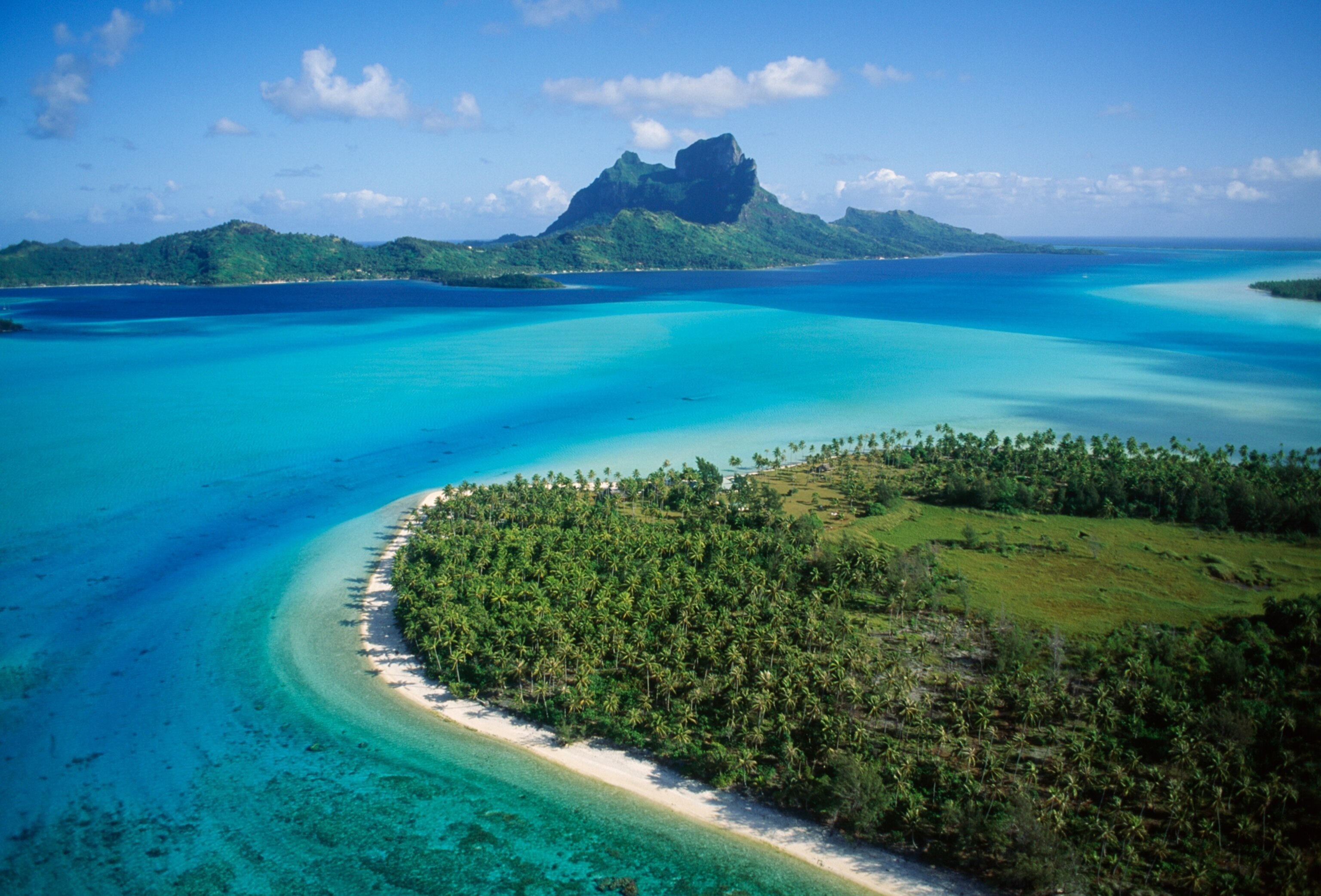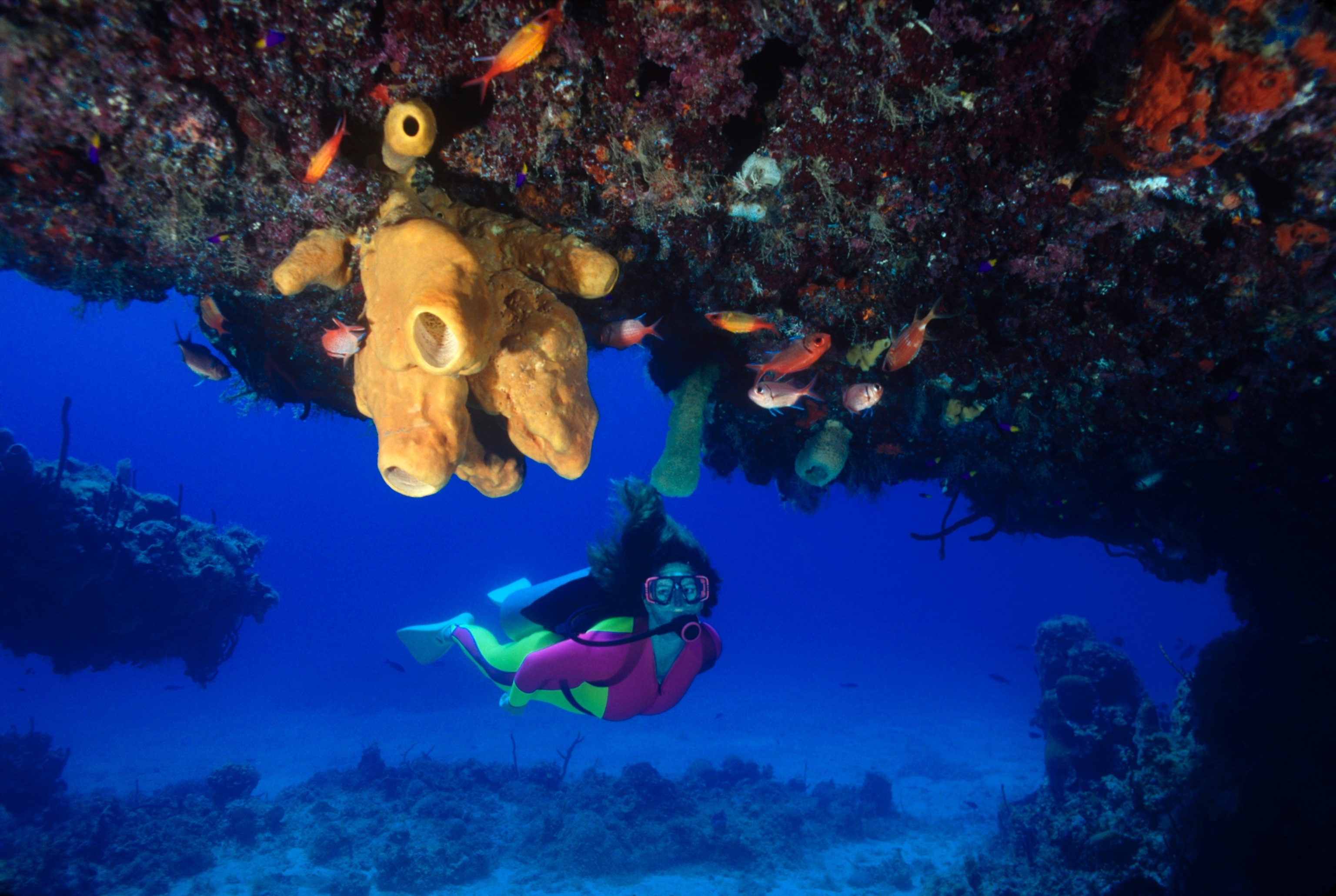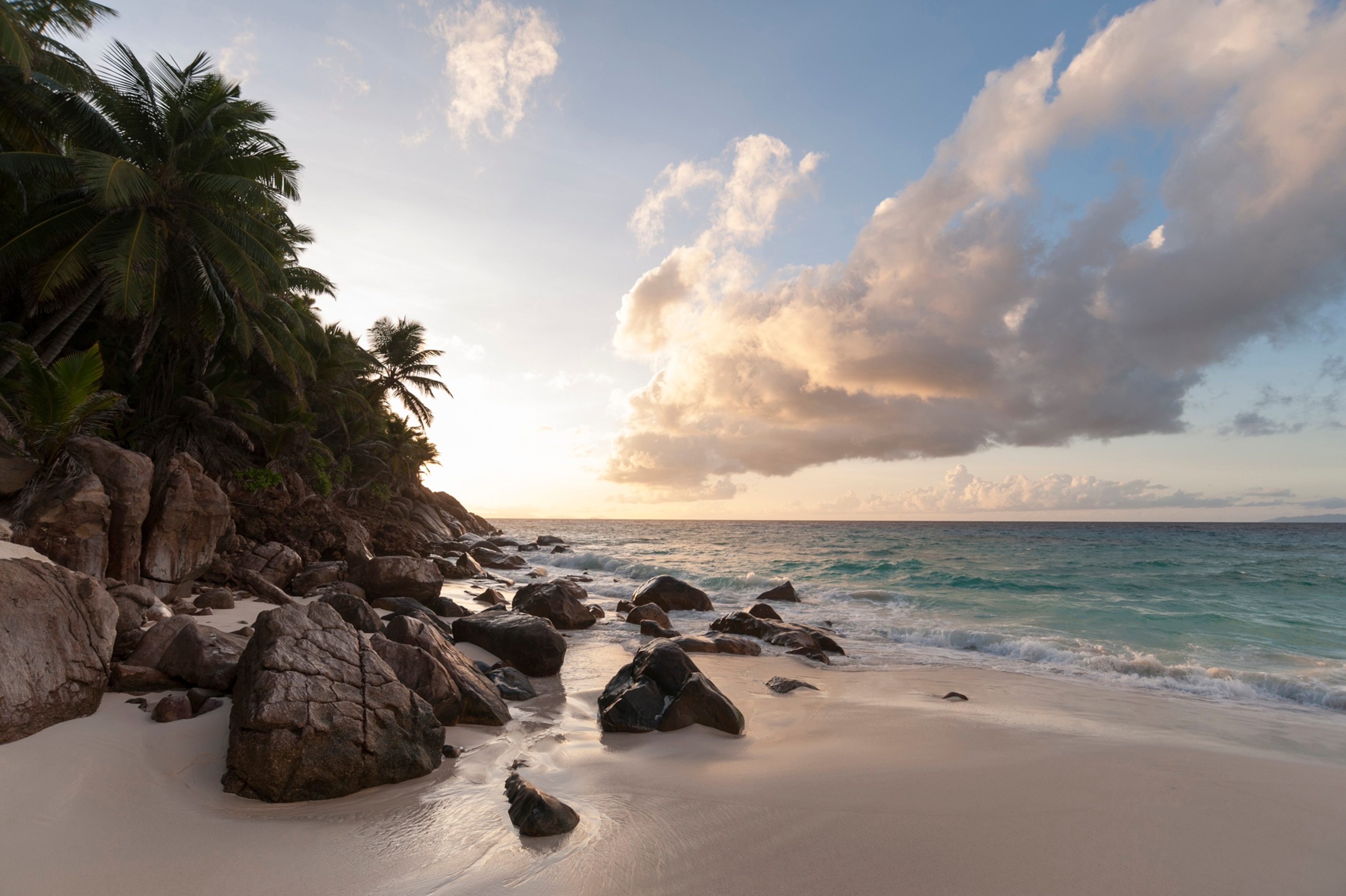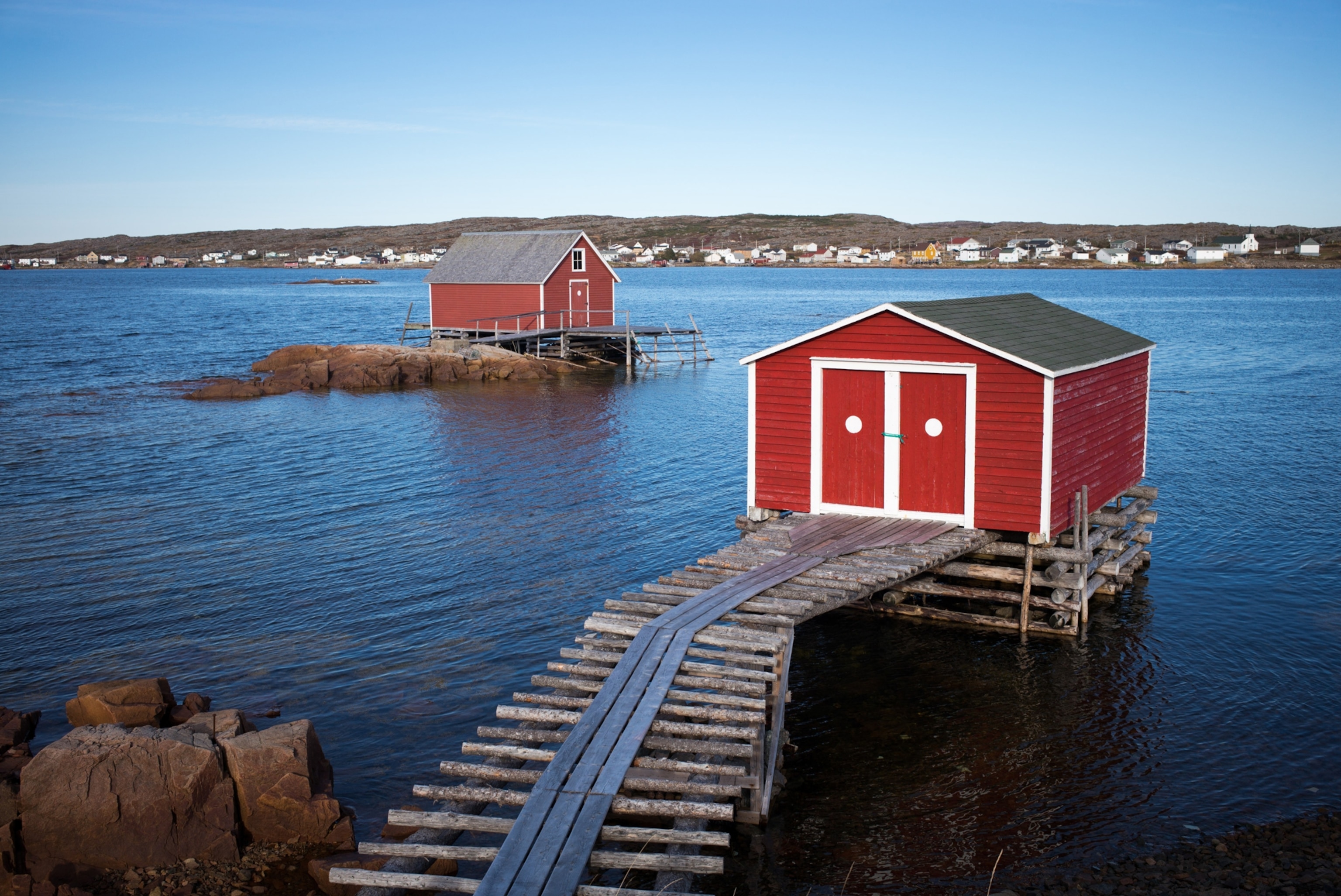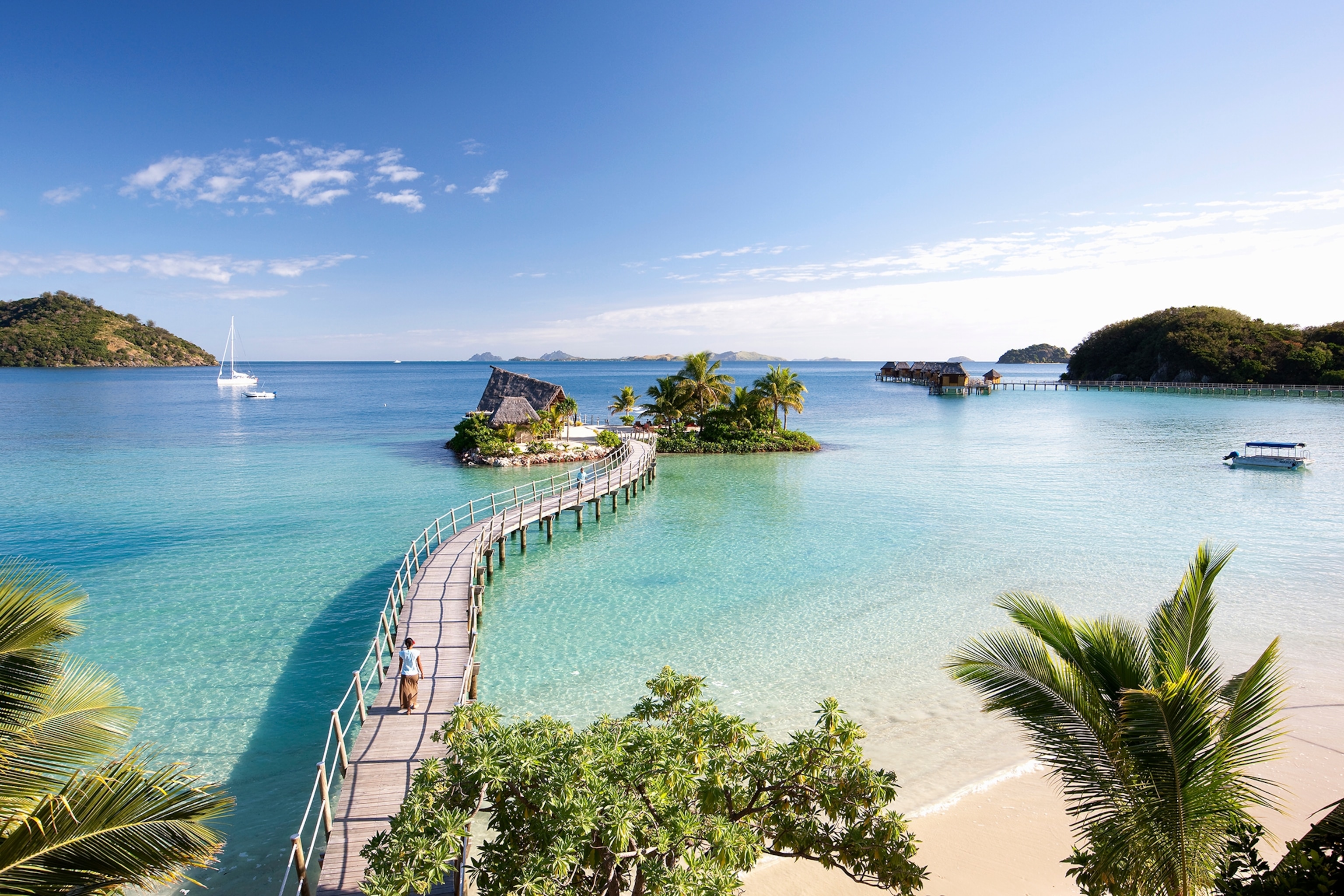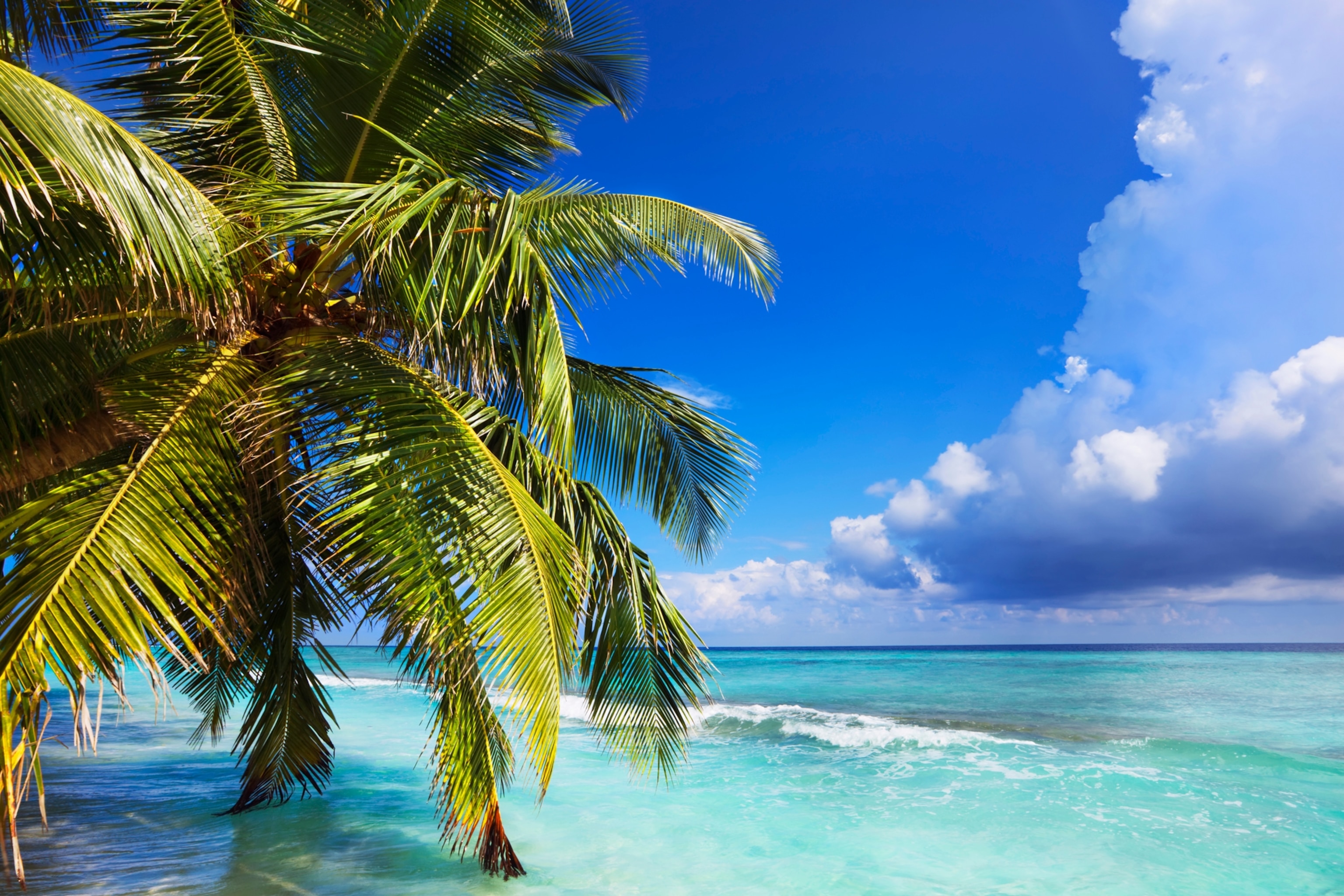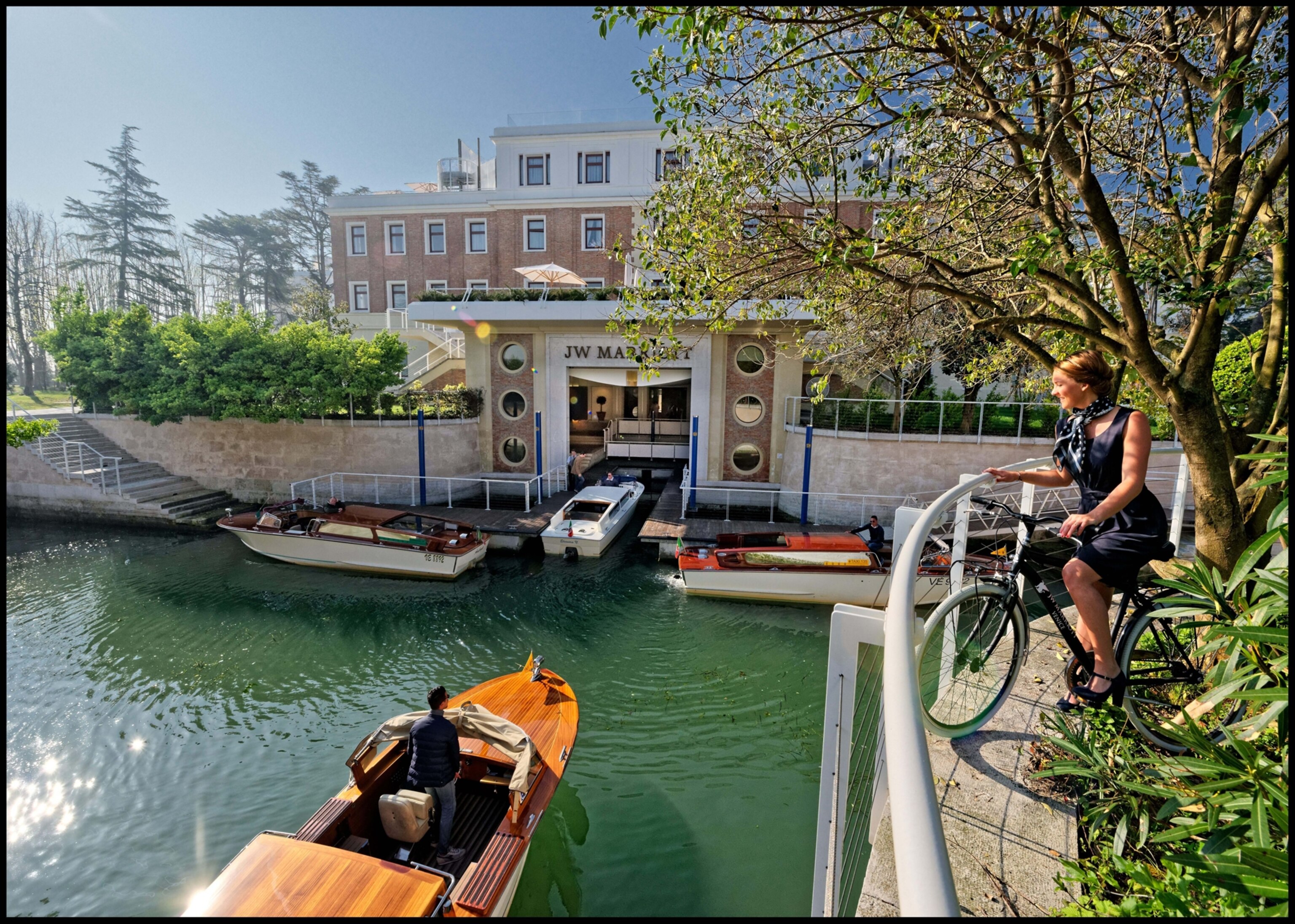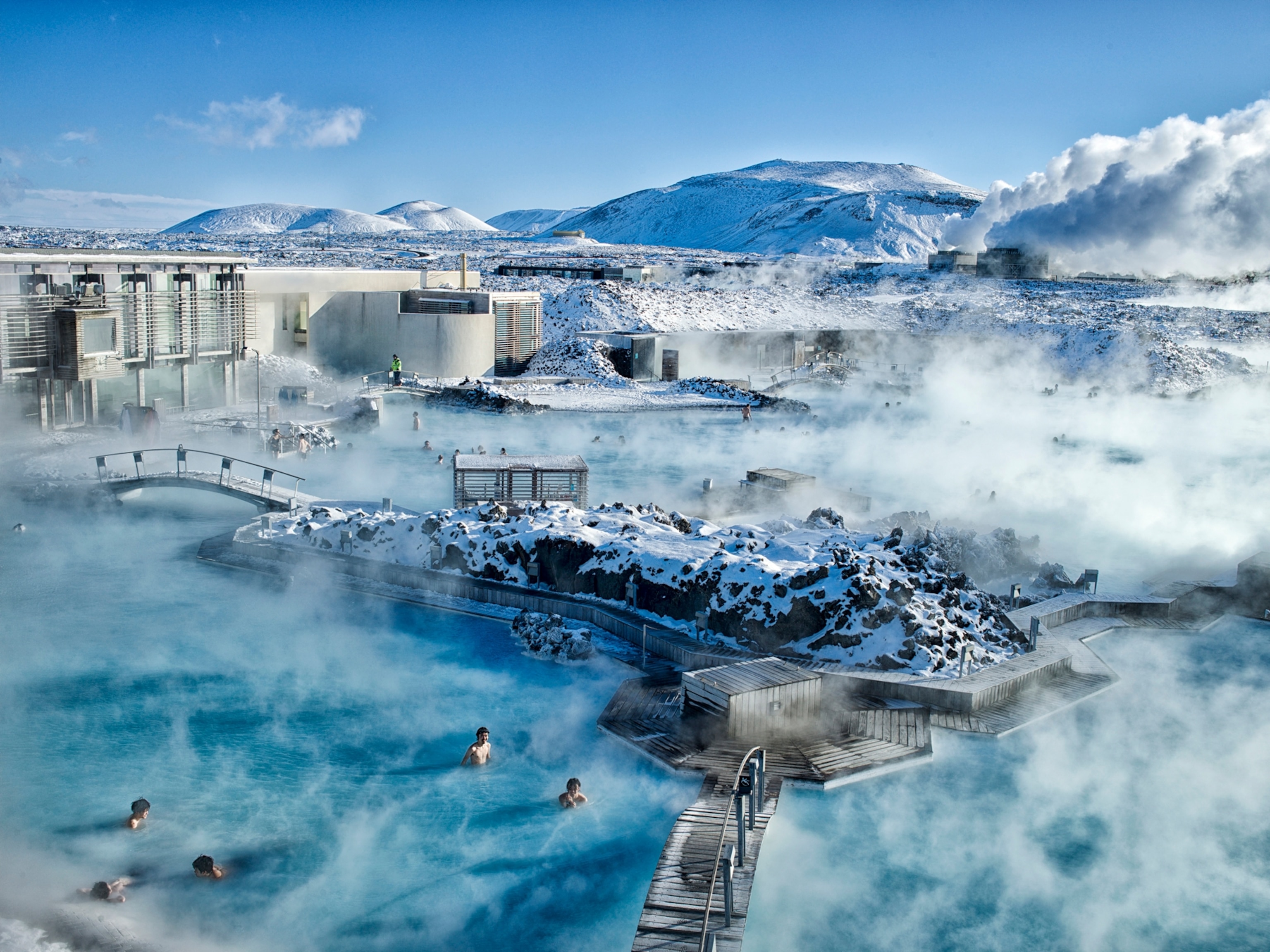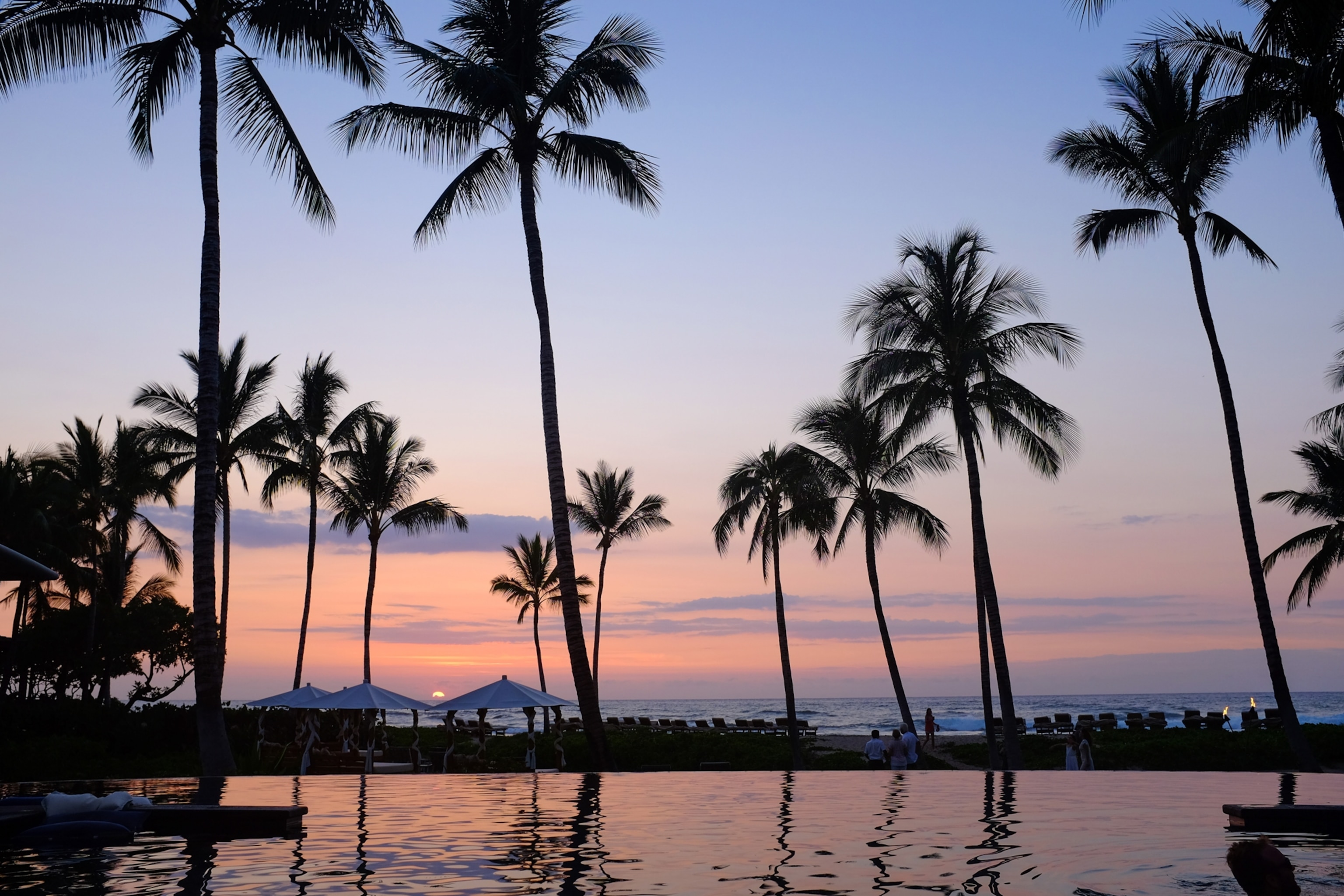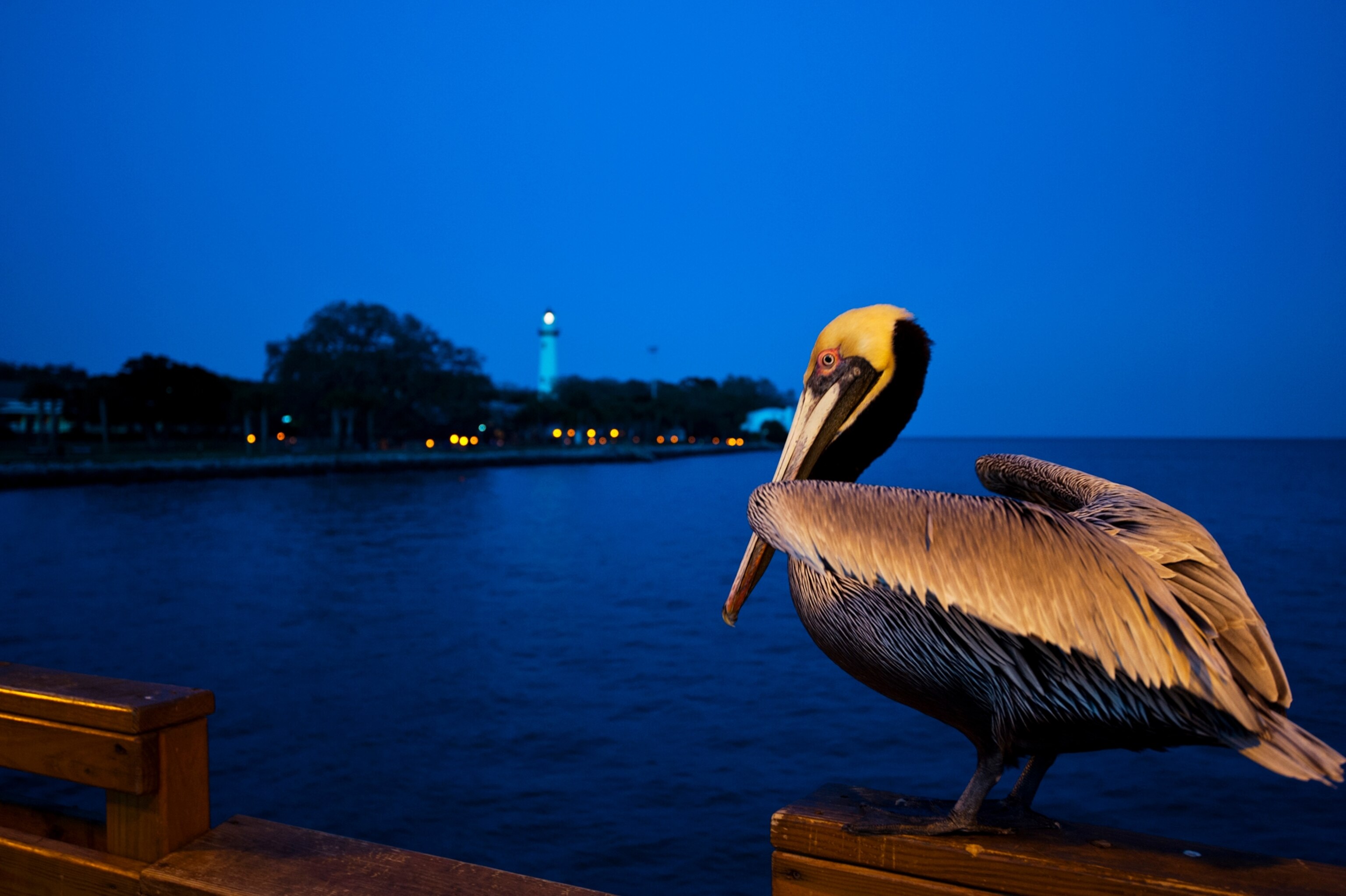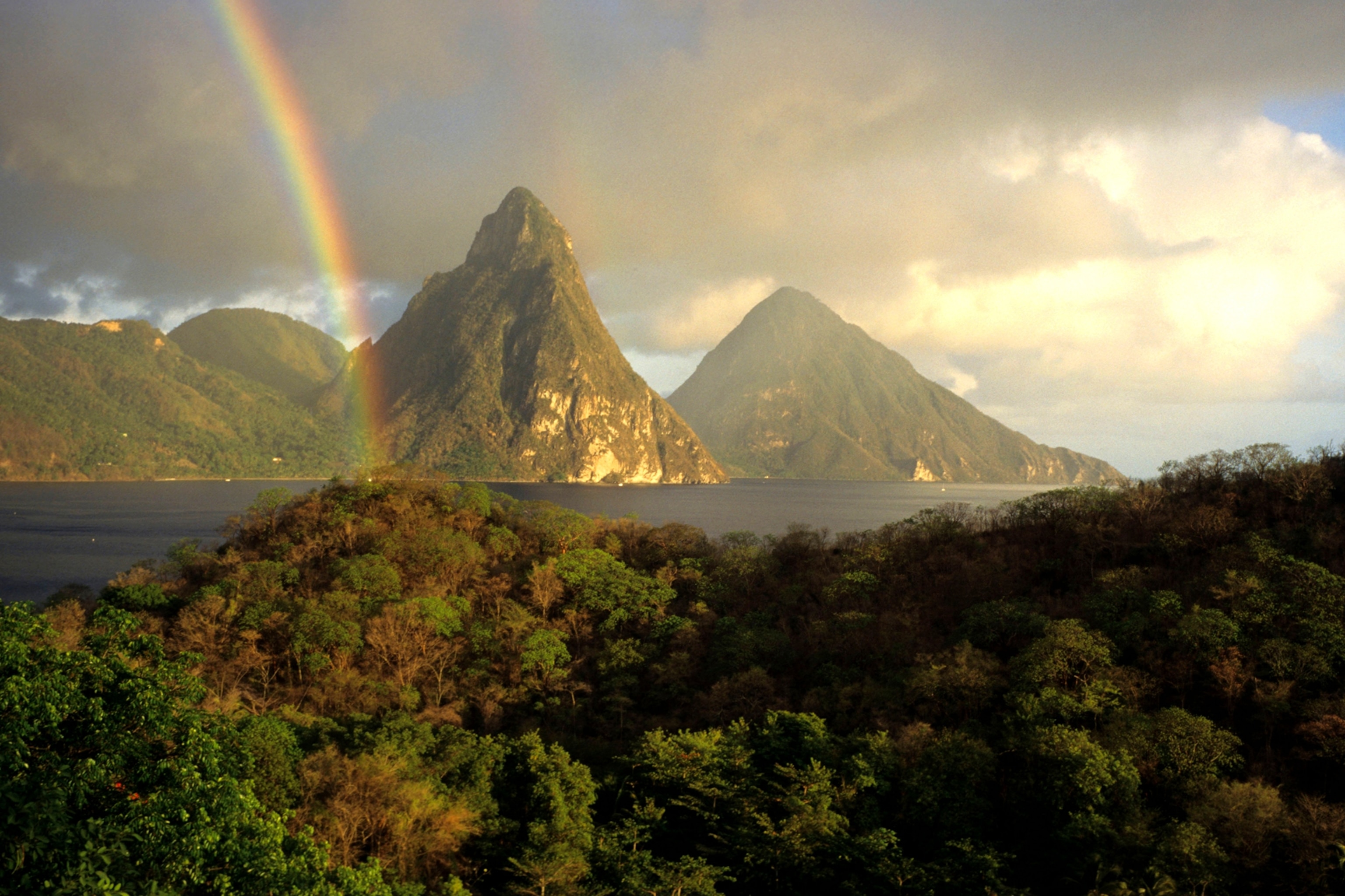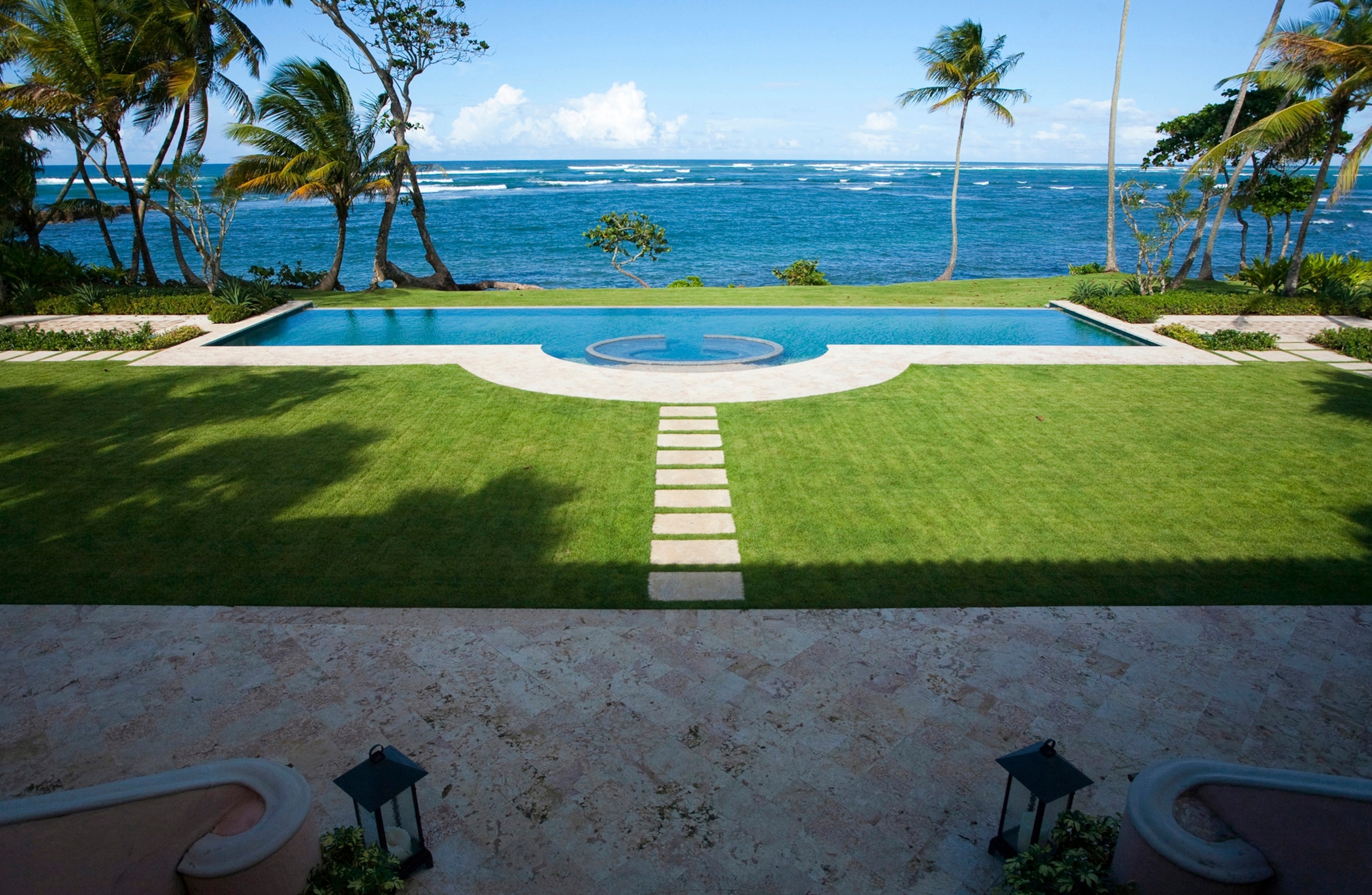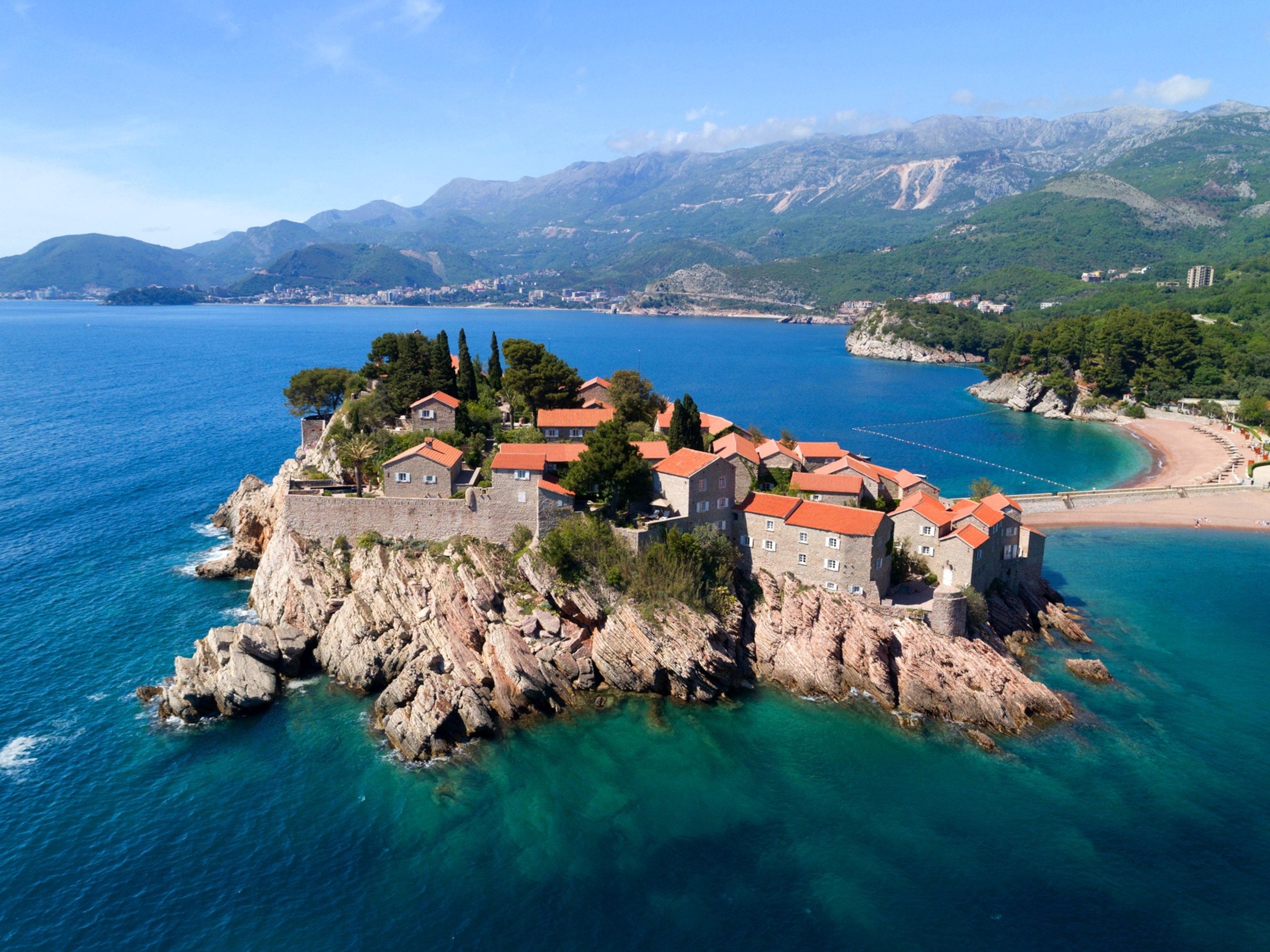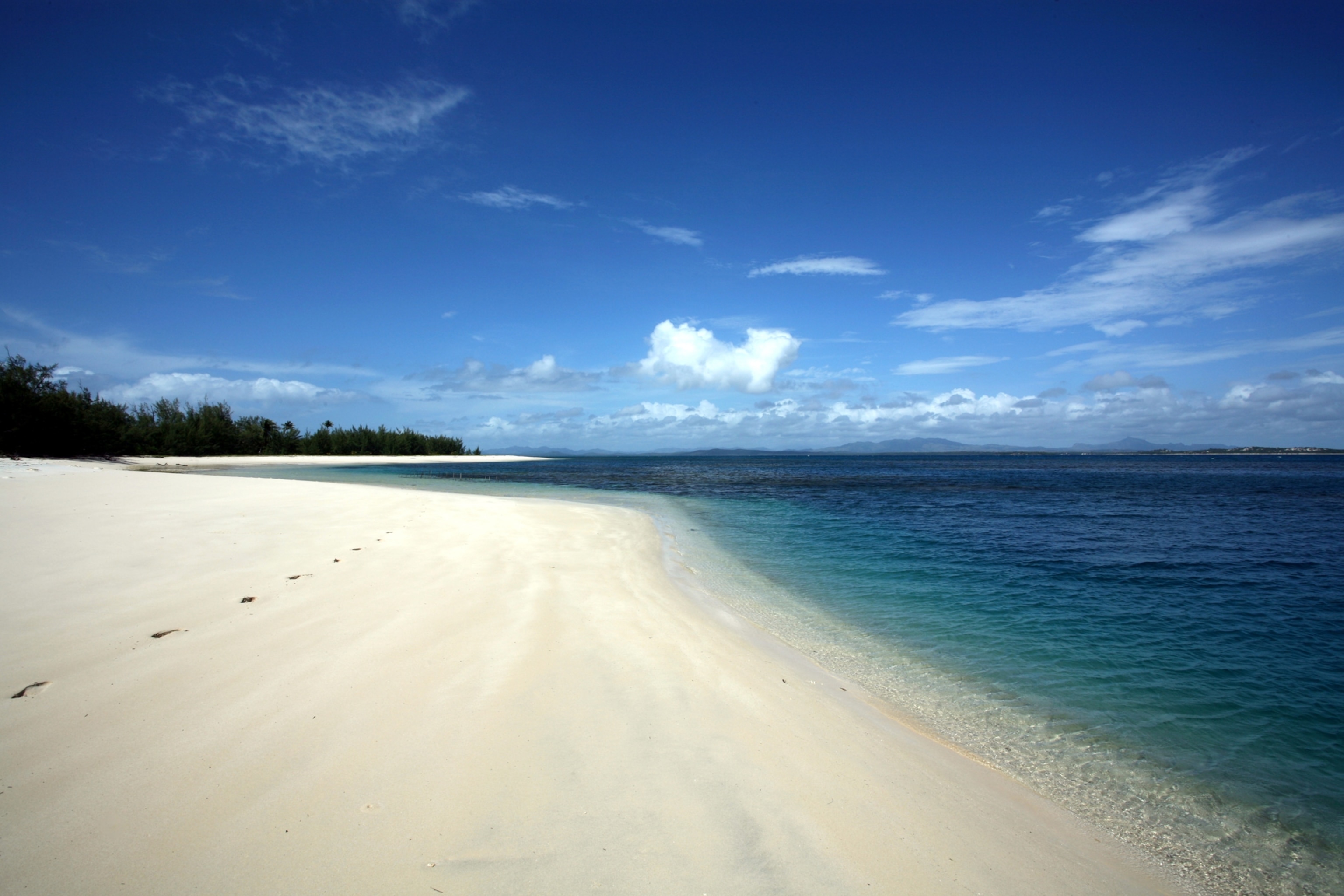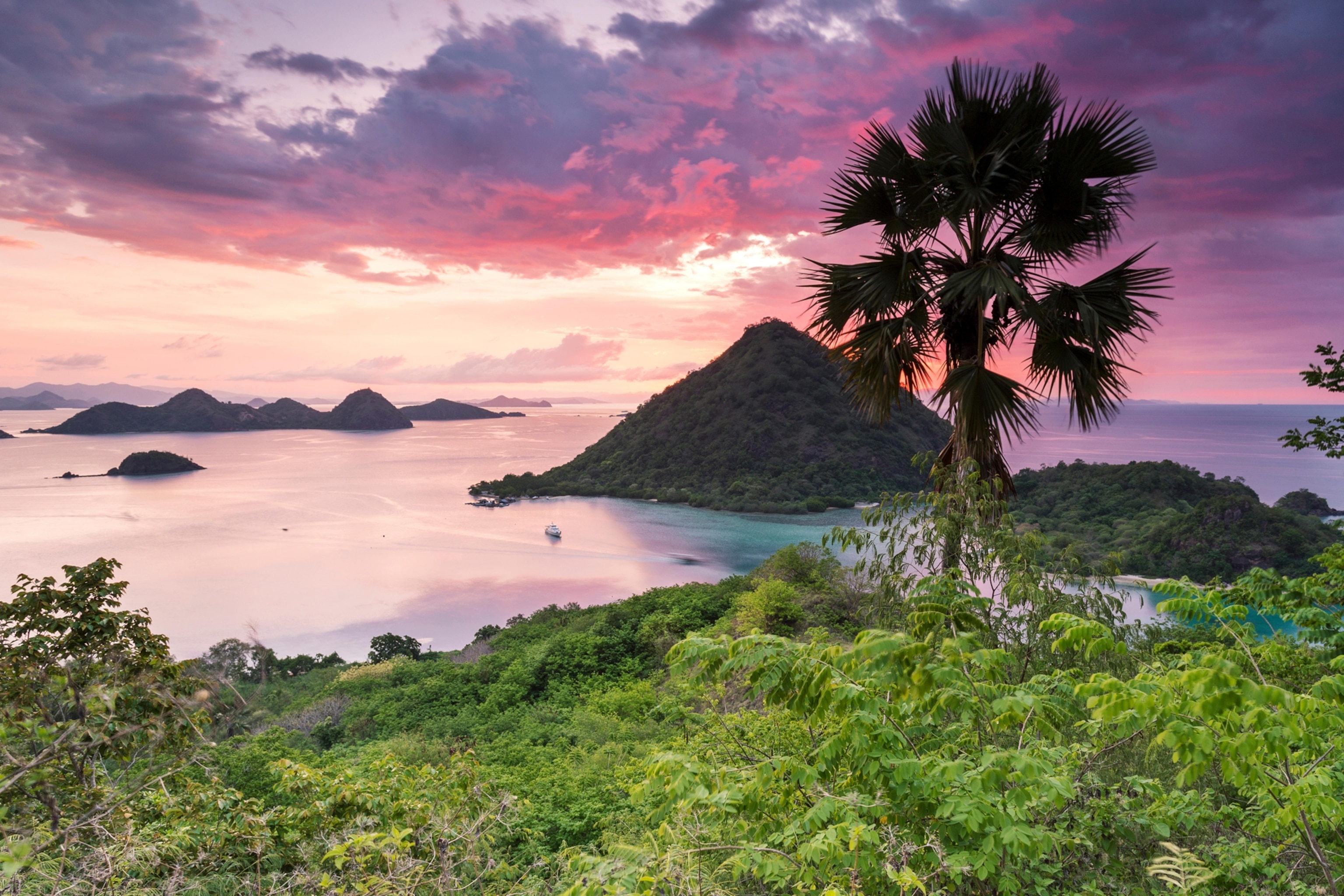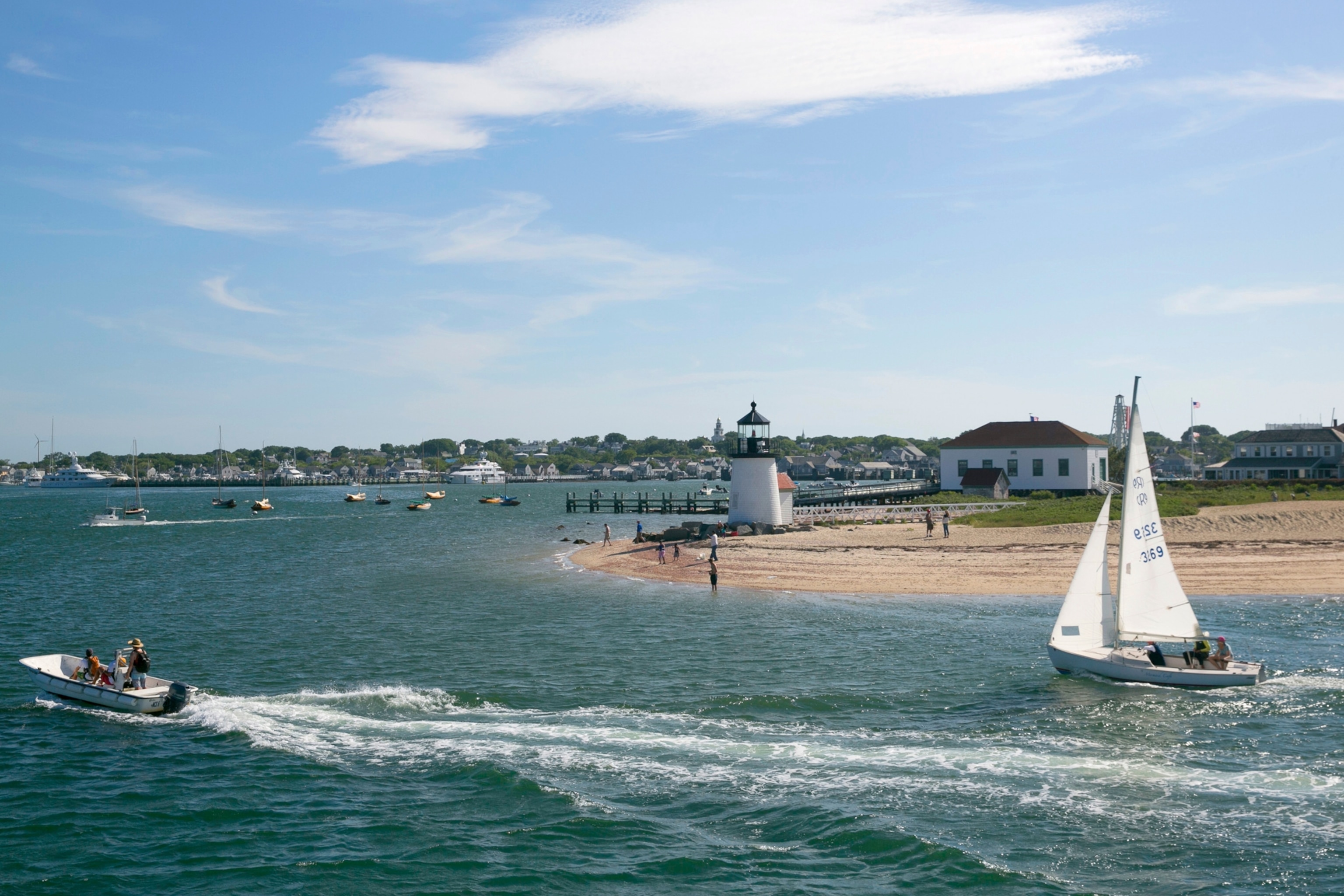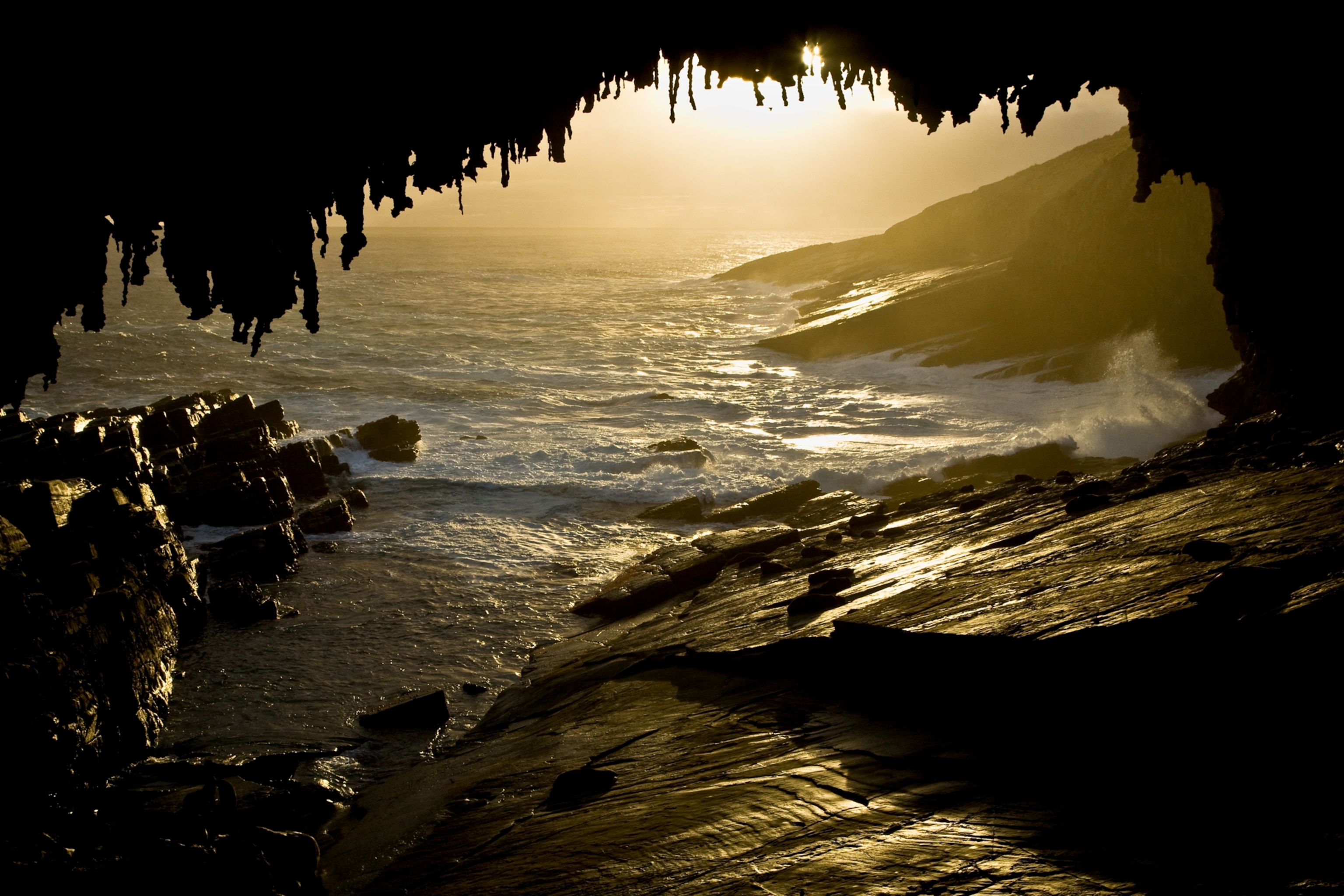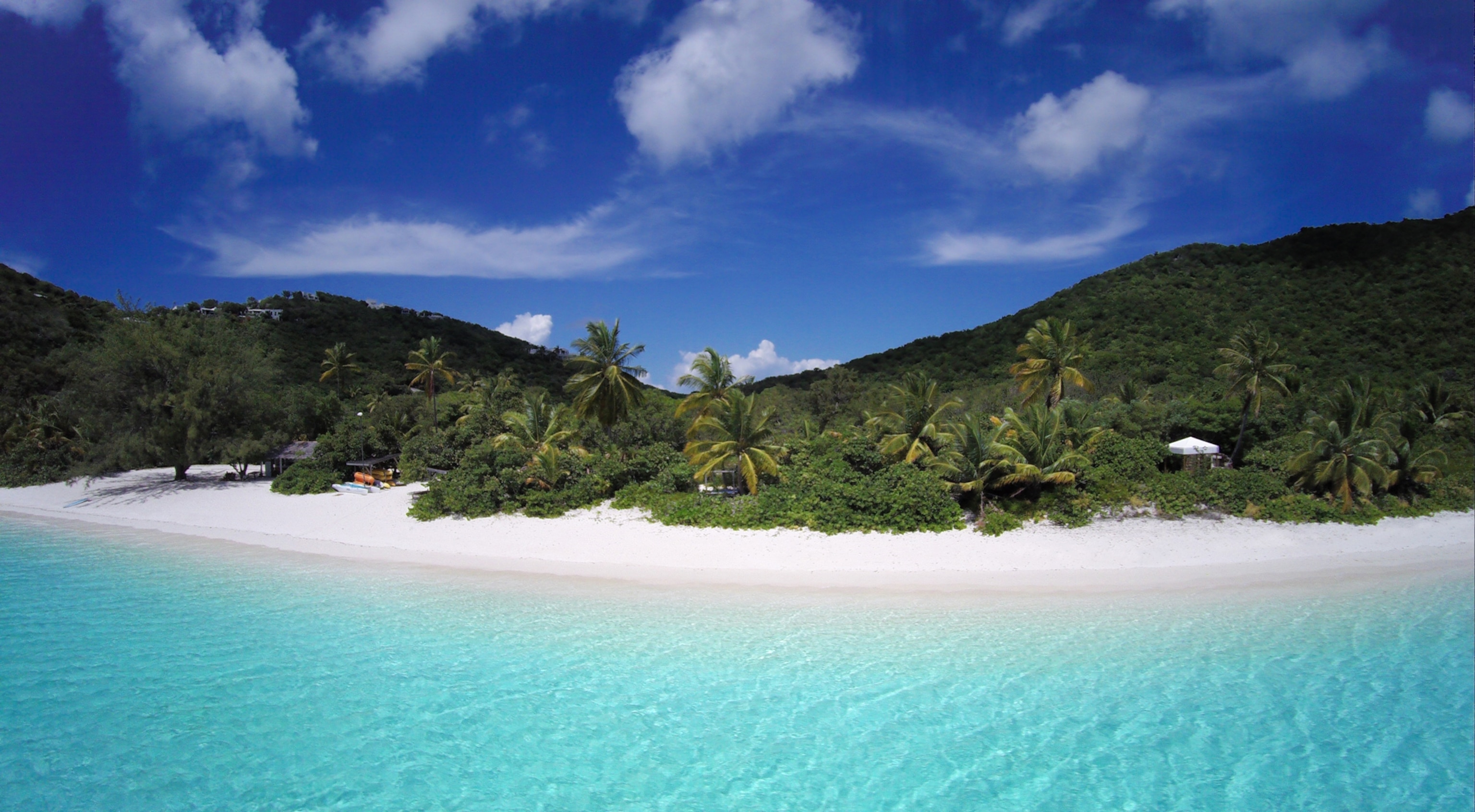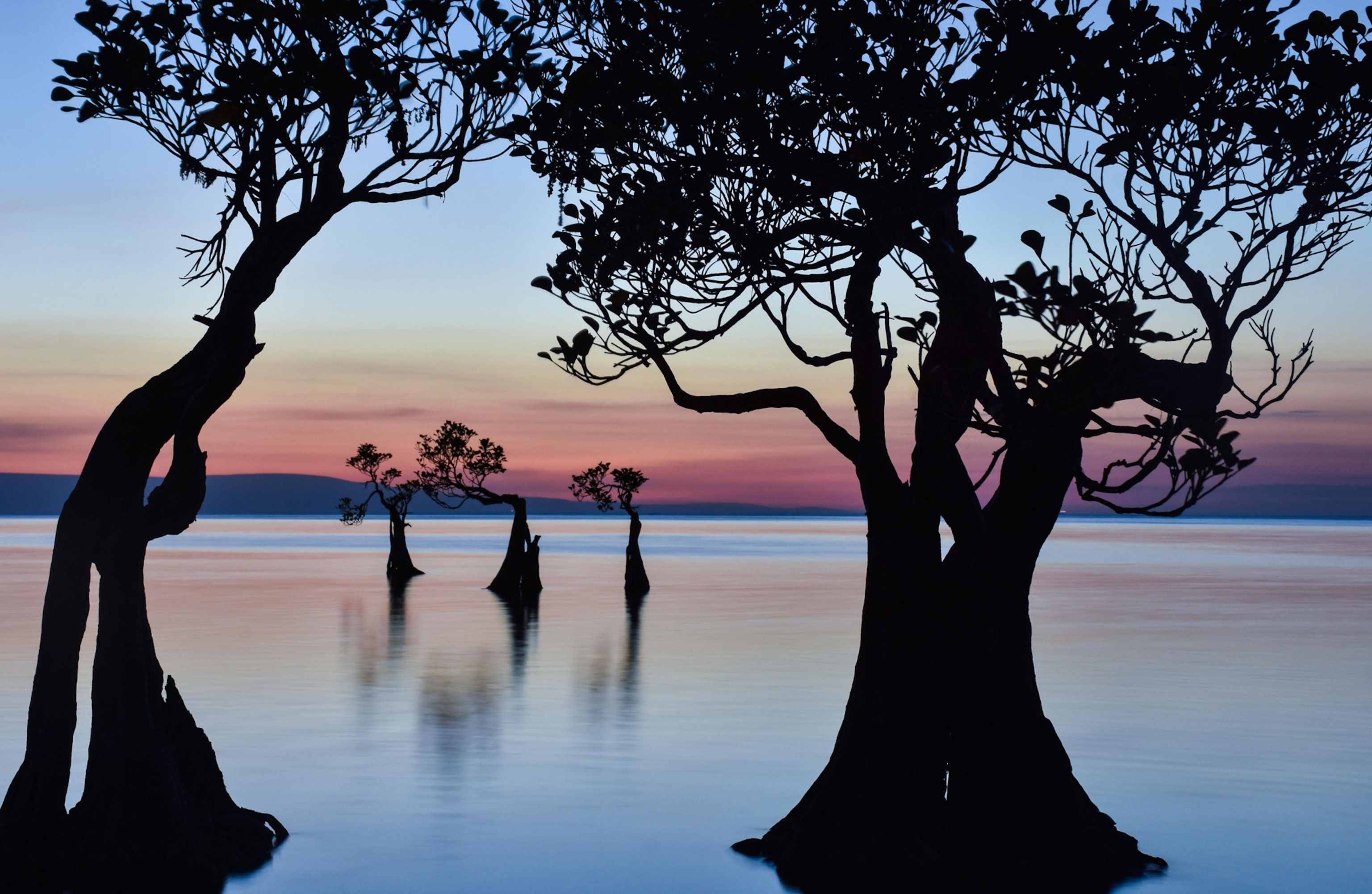
These luxury resorts want to save the Maldives
Hotels in the lowest-lying country are going green.
As the world’s lowest-lying country, a majority of the Maldives’ 1,200 islands may be underwater within decades, according to the Intergovernmental Panel on Climate Change. In light of this prediction that is out of their control, a handful of the country’s luxury resorts still feel it's important to do their part and hope to inspire more action globally. Then a ticket to these high-end resorts won’t just be a vacation of a lifetime, but a conscious effort to travel in a more eco-friendly, sustainable way.
One resort group at the forefront of these efforts is Soneva, a luxury hotel company with two private islands in the Maldives. A 40-minute seaplane ride takes you to Soneva Fushi in the Baa Atoll, a UNESCO Biosphere Reserve, with chic, reclaimed-wood bungalows at the edge of the jungle. Soneva’s latest venture is Soneva Jani in the Noonu Atoll. The idyllic island holds 25 Robinson Crusoe-style overwater villas and a massive new beach house outfitted with recycled materials and eco-friendly amenities. Soneva’s earliest initiatives began 15 years ago by desalinating water, to eliminate plastic bottled water being imported to its island.
Soneva Fushi was also the first resort in the Maldives to recycle plastic on-site and collect discards from nearby islands with their Maker Programme. It is a carbon neutral, 90 percent waste-free resort—and with the help of their Waste to Wealth program, hope to be 100 percent waste-free soon.
“Our priority is taking waste from the resort and transforming [it] into valuable products,” said Gordon Jackson, Soneva’s area waste to wealth manager. Jackson and his team take recycled glass like ketchup bottles and make beautiful sculptures that are then sold at the island’s art studio for guests to take home.
In the island’s large Eco Centre, which is 20 percent covered with solar panels, guests press cans to make handles for doors and form charcoal out of coconut and tree stumps for area barbecues. They’ve made over 30,000 blocks from glass, cement, and styrofoam for building projects throughout the island, and their stored compost is reused for the island’s organic herb garden.
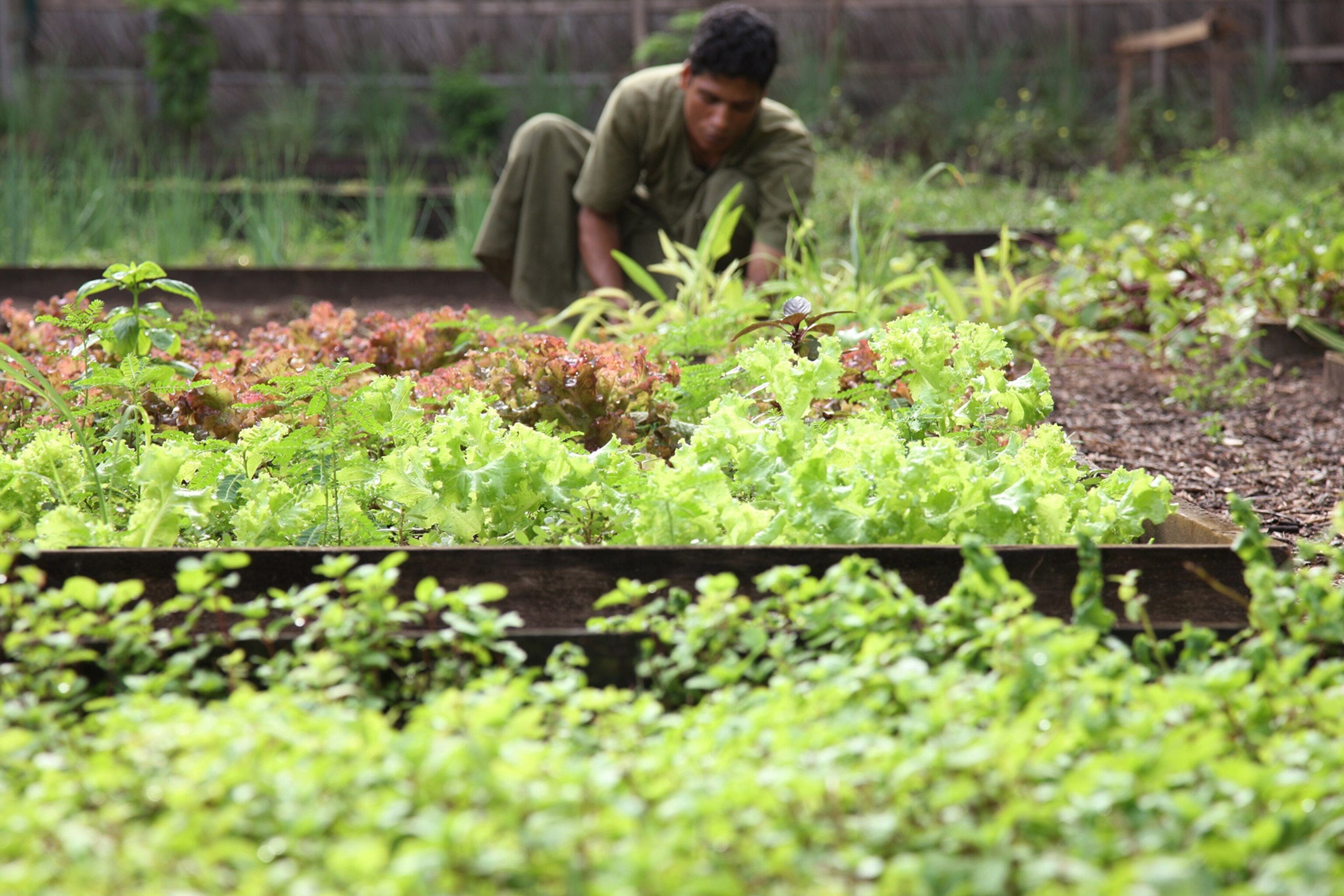
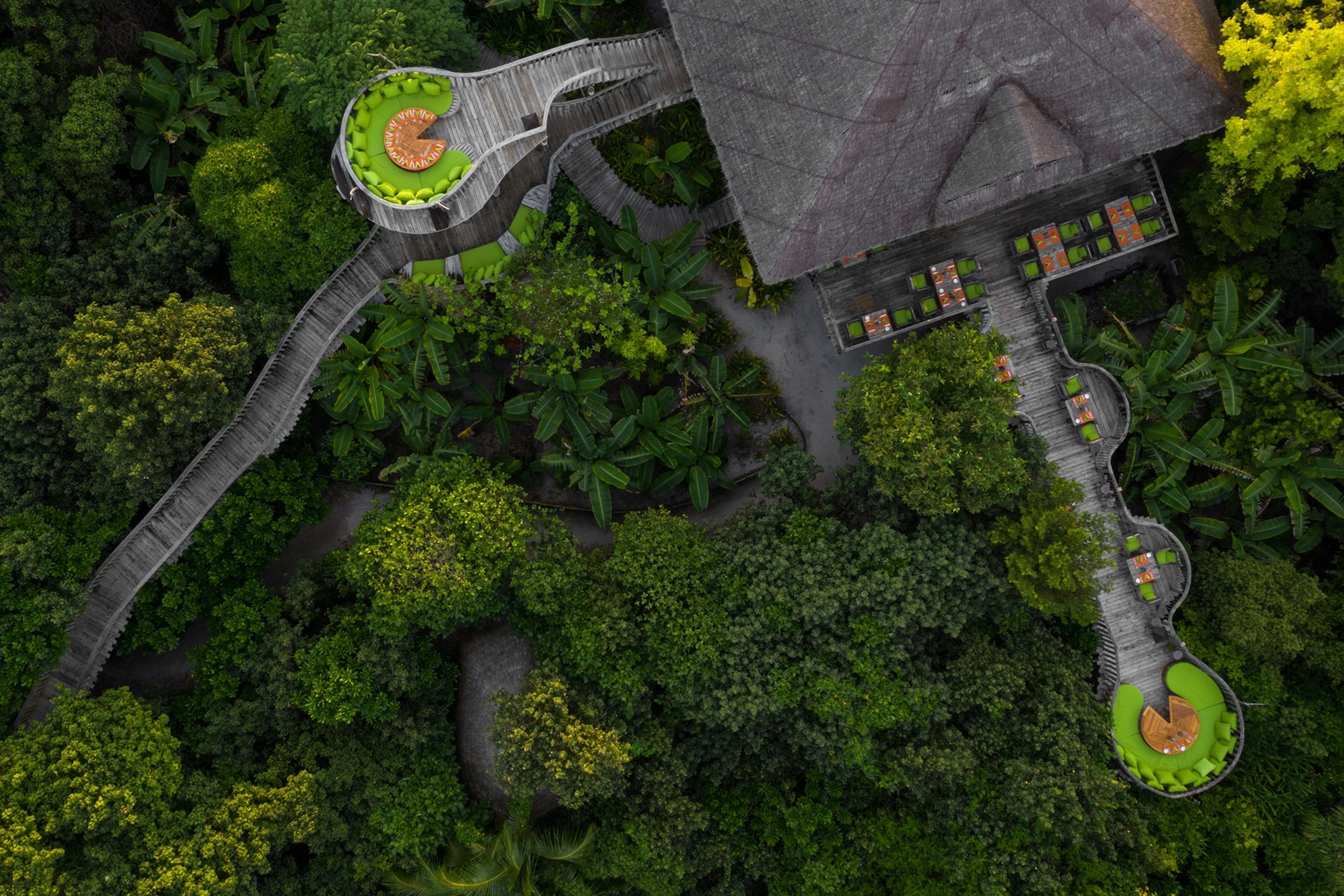
The resort says it's looking for innovative ways to repurpose waste material, like testing a styrofoam surfboard to distribute to the local islands. The Soneva Ocean Stewards program teaches local kids how to swim so they can learn to snorkel. “This is in the hopes that they’ll see and explore the reef and help to protect it,” said Jackson.
Other properties around the Maldives are also trying to go green, like Gili Lankanfushi, a five-star barefoot, luxury resort. Located 20 minutes from the capital via speedboat, the thatched-roof houses shaded by swaying palm trees appear like a screensaver. Formerly owned by the Soneva group, the hotel is working to eliminate all plastic on the island with Parley, an NGO that turns plastic into things like sports gear.
Gili Lankanfushi's coral regeneration program, led by resident marine biologist Sarah Davies, gained additional importance since El Niño wiped out between 50 and 80 percent of the reef in 2016. Since then, the initiative created 220 underwater coral lines with around 8,000 coral fragments. Guests can sponsor these lines and snorkel to visit with Davies, encouraging them to get involved with sustainability in the Maldives.
Other groups like Crown & Champa are also seeking more sustainability with the recent opening of Kudadoo Maldives Private Island, the Maldives’ first resort powered entirely by solar panels. Marine biologists, including Davies, often send injured turtles to the rehab center at the Four Seasons Resort Maldives at Landaa Giraavaru. These emerging eco-friendly practices are often a collaborative effort among the resorts and those travelers looking to make a difference. Jackson of Soneva draws insight and ideas from experts who visit the island paradise and non-profits dealing with similar waste issues. He says, “If we can find the model and the solution that works here in the Maldives, it will be applicable to so many small communities around the world.”
